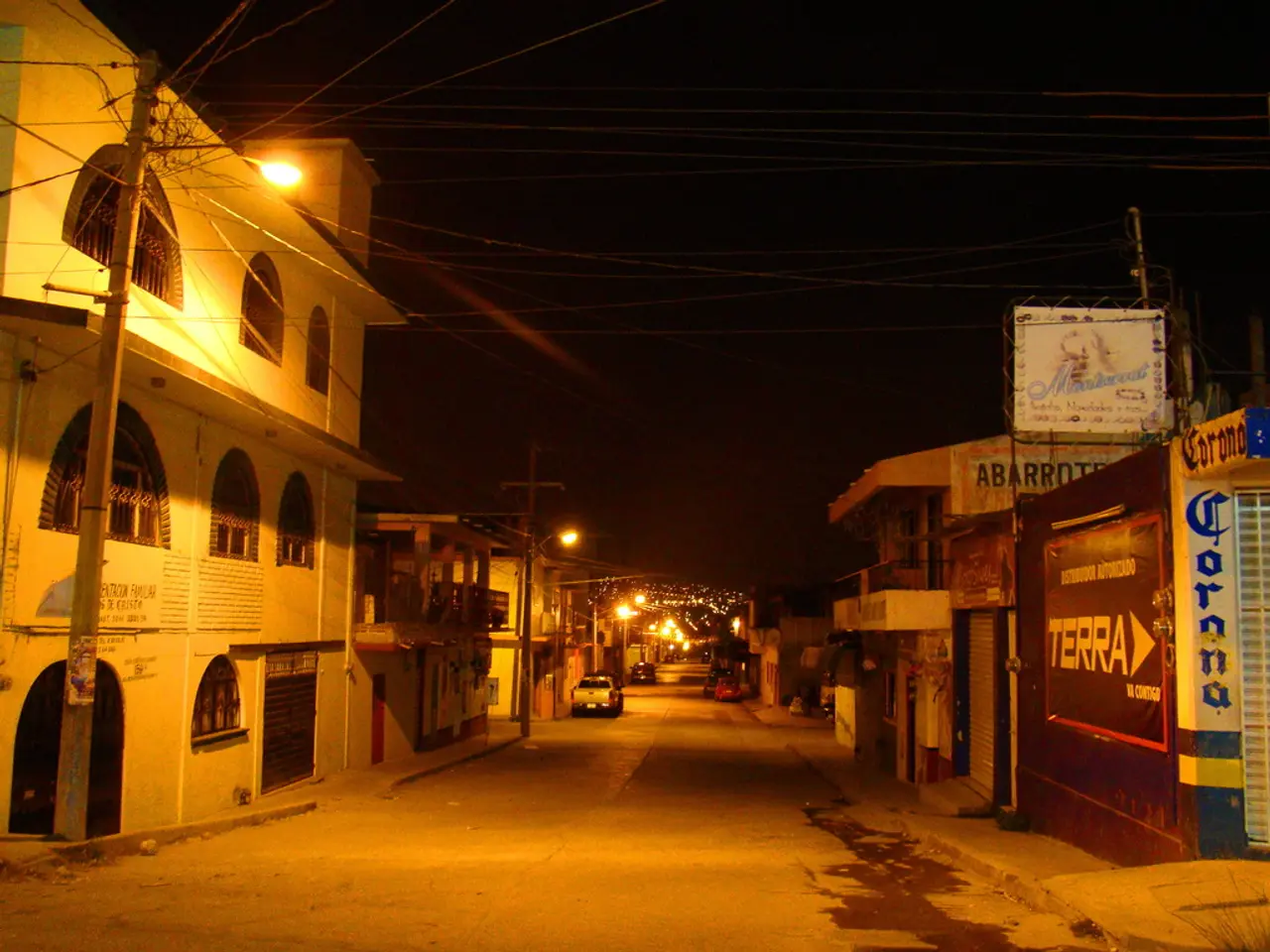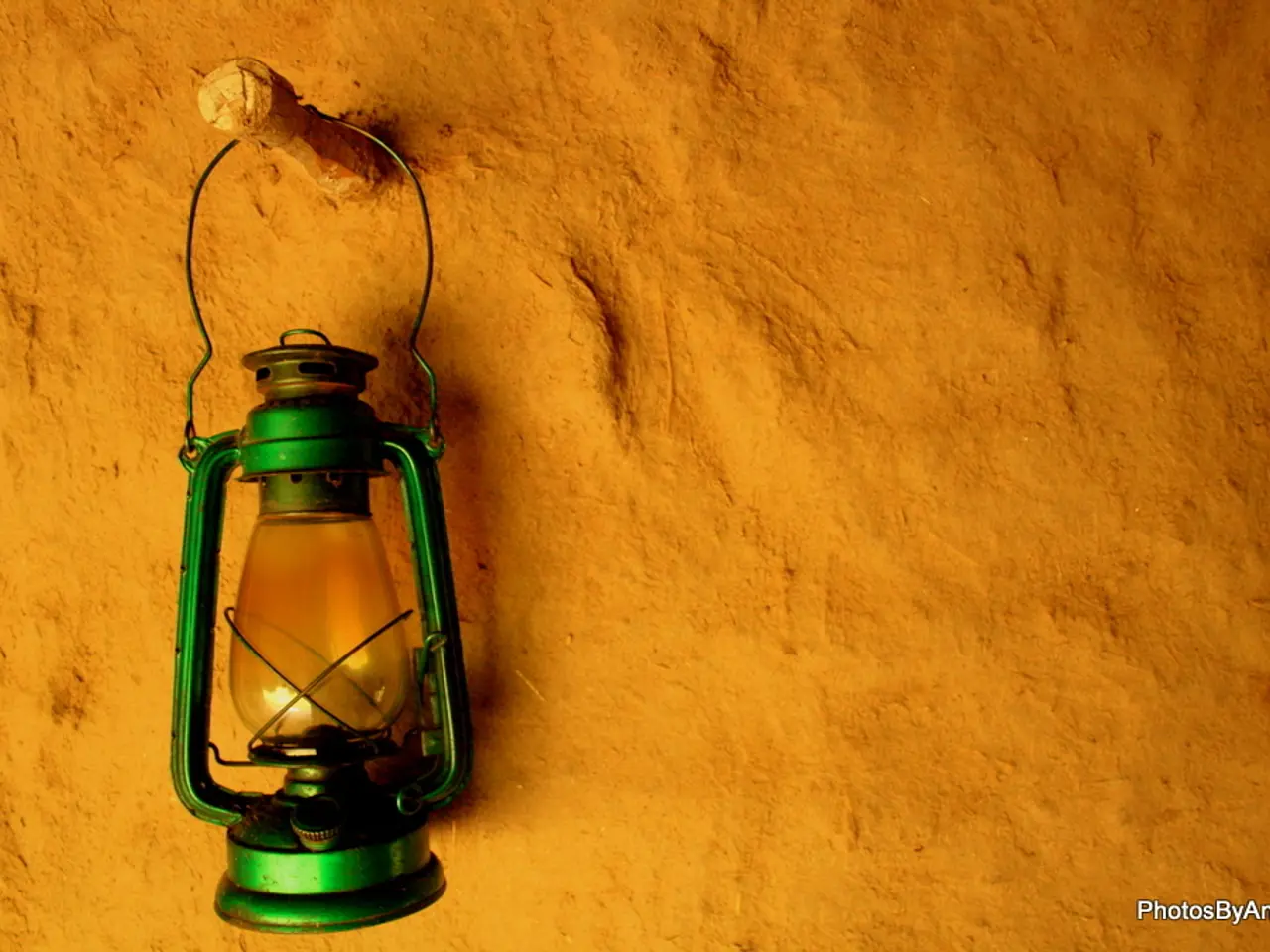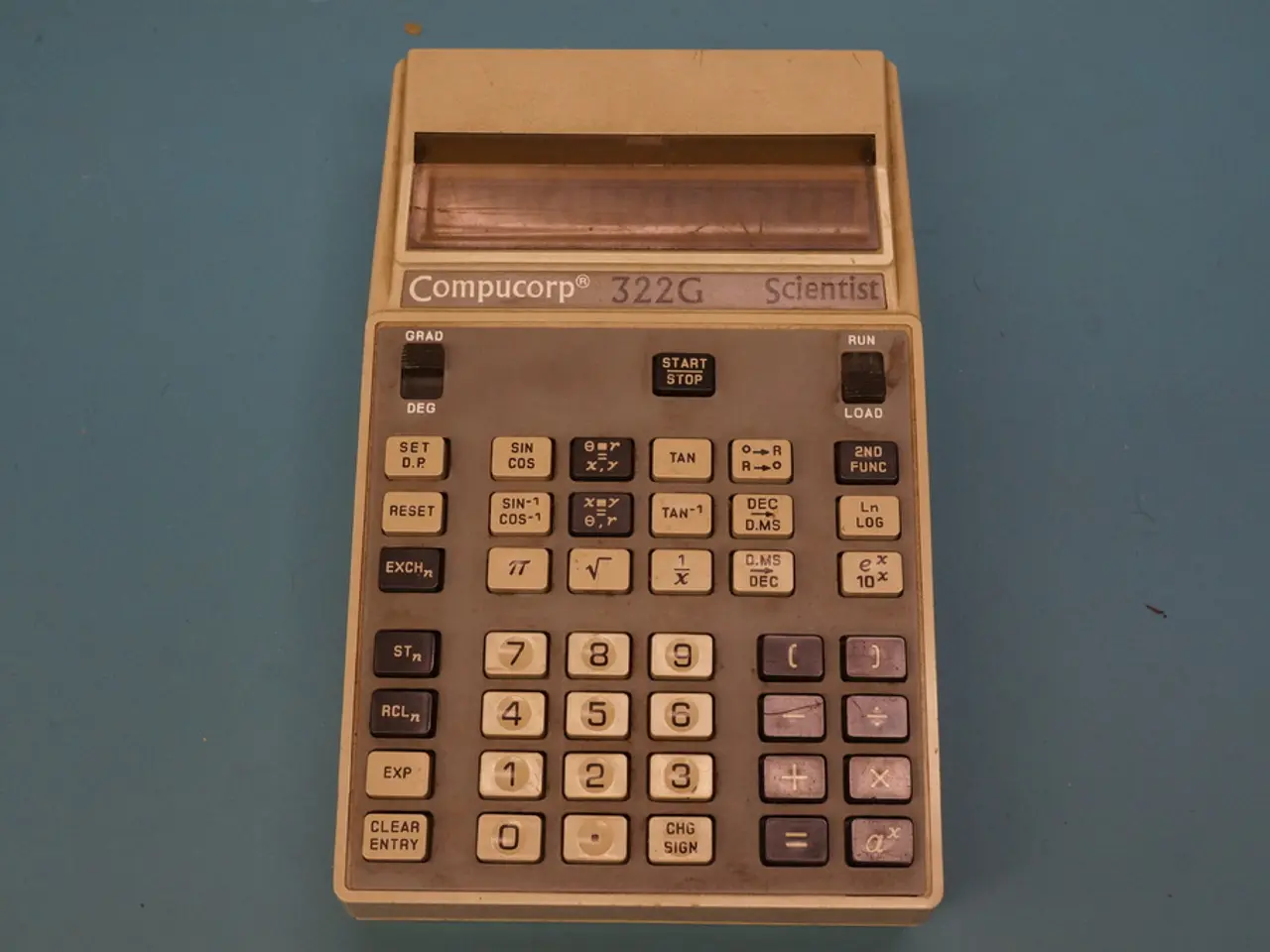Court compels Enexis to link electric vehicle charging station network Leap24 to the power grid in the Netherlands
The Dutch grid connection and dispute resolution framework is undergoing significant changes to align with the requirements of the European Directive 2019/944/EU. In a bid to ensure a flexible, efficient, and consumer-friendly electricity market, the Netherlands is updating its regulations to promote fair and non-discriminatory access to electricity networks.
Recent developments have seen the Dutch sustainable mobility and charging station group, Leap24, secure a court victory against grid operator Enexis. The court ruling, which is significant for grid connection disputes, requires Enexis to connect Leap24 to the power grid at three locations within six weeks.
Leap24 had demanded that Enexis connect the three sites to the electricity grid within certain deadlines, alleging that Enexis used unreasonably long lead times in violation of the Electricity Act. The court ruled that Leap24's action did not constitute an abuse of rights, allowing it to claim priority over others.
The problem of grid congestion, a potential source of dispute between private parties and network operators, can ultimately be solved by expanding the power grid and finding creative ways to cooperate and reduce peak capacity requirements for the grid.
The court did not accept Enexis's force majeure defense, emphasizing the importance of grid operators ensuring they have sufficient capacity to meet connection obligations in a timely manner, even during increased requests and staff shortages. The ACM has published a draft code decision amending terms for connections, stating that for connections larger than 3x80A but smaller than 10mVA, the reasonable period is considered 40 weeks, counting from the day of receipt of the signed offer, with an exception for force majeure situations.
The "first come, first served" principle does not apply for connection requests. The ACM is proposing changes to the priority framework for connection requests, allowing grid operators to deviate in case the applicant serves a significant public interest.
The ongoing regulatory process to align Dutch legislation with the Directive's provisions, including aspects related to electricity storage and grid access, is expected to be completed by mid-2025. The European Commission's infringement action against the Netherlands for non-compliance with certain EU energy market requirements indicates the urgency and importance of bringing national practices fully into line with the Directive's provisions on network access, grid connection, and dispute resolution.
Stakeholders involved in grid connections in the Netherlands should monitor ongoing legislative updates, consider engaging in public consultations, and prepare for enhanced dispute resolution frameworks to be introduced in 2025 or later. The Omnibus I Initiative by the European Commission, aiming to reduce regulatory “red tape,” may indirectly affect grid connection procedures and disputes by clarifying processes and boosting regulatory efficiency.
In light of the court ruling regarding Leap24 and Enexis, it's crucial for grid operators in the finance sector, like Enexis, to adhere to timely connection obligations, as failure to do so may result in legal consequences. Additionally, the ongoing changes in the Dutch grid connection and dispute resolution framework, inspired by the European Directive 2019/944/EU, will encourage energy companies to prioritize flexible and consumer-friendly solutions, ensuring fair access to electricity networks.




